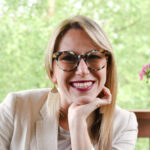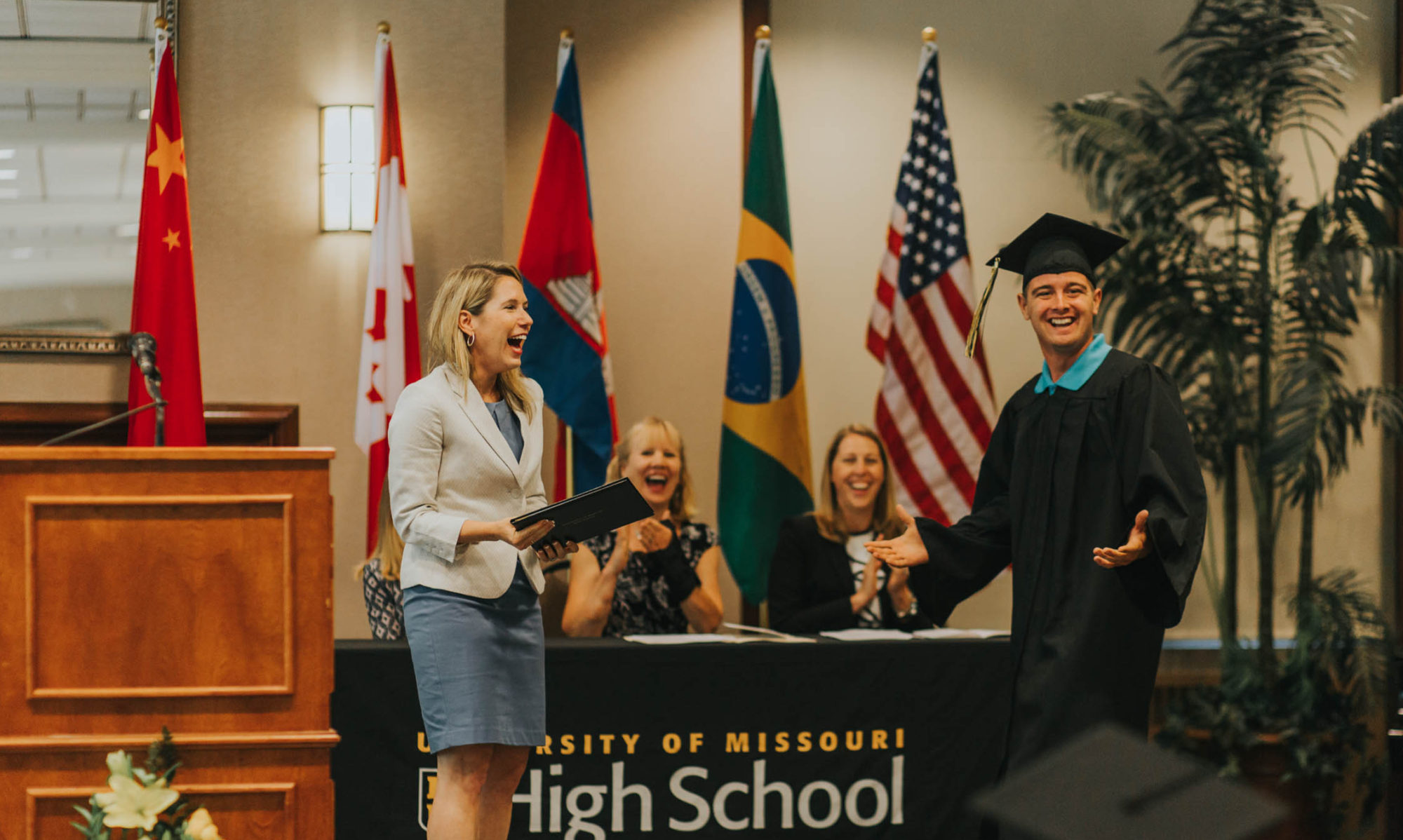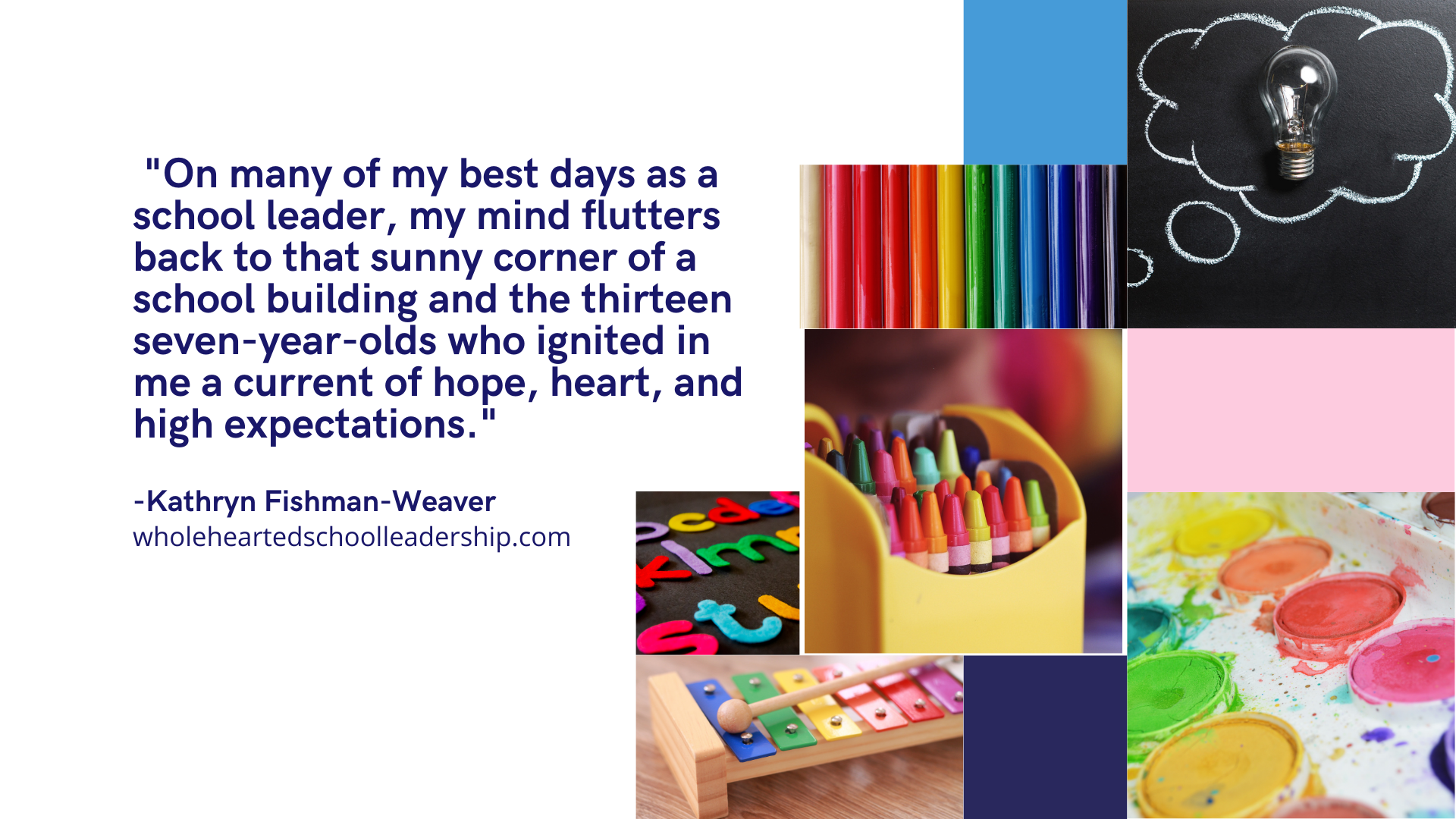It’s been fifteen years since I met the first-grade scholars who would become some of my most important teachers. I now work as a school administrator and also coordinate courses for our university’s teacher preparation program. I often tell pre-service teachers that everything important I know in education I learned in my electric first year. As educators, our first group of students often leave a lasting mark.
My first teaching position was to set up a self-contained classroom for early elementary learners in a multilingual, urban school district. The decisions and mistakes I made that first year, taught me about context, culture, and equity. The relationships we built, taught me about pedagogy, expectations, and strengths-based approaches. Below are four lessons I learned that first year which continue to inform my work in teaching and school leadership.
High expectations are an act of love.
As a new teacher, I tried to set up a literacy-rich environment with stories representing the lived experiences of my students. I believed that if we read and wrote regularly enough, that together we would become scholars. However, when it came to my student population, I learned that not everyone shared my beliefs about rigorous and relevant curriculum.
In that first year, I discovered a prevalence of low, false, and misguided expectations in IEPs and in the ways professionals spoke about my class. This shadow hung around us when families told me what specialists, doctors, and others had told them their children could and couldn’t do.
In that first classroom I learned the power teachers, students, and families have in speaking back to deficit-based frameworks. My students again and again distinguished themselves as scholarly readers, writers, mathematicians, and leaders.
The best classrooms are built on love.
Most acts of love don’t require advanced scholarship or technical training and this may be one of the reasons it’s something I got right in that first year. We built our classroom community through songs sung, hugs given, stories shared, and lots of laughter. Affirming and celebrating the cultural wisdom young people bring to our school community means centering the possibilities young people have for greatness and genius, not in our terms, but in theirs. Dijano Paris offers important scholarship on culturally sustaining pedagogies to honor the multilingual and multicultural pluralism of our schools. This wisdom is essential in offering a “loving critique forward” (Paris and Alim, 2014).
Be relentless in pursuing equity and inclusion.
Like many self-contained classrooms, our room was a reclaimed corner of the building—a space that wasn’t intended to be a classroom but became one. Almost immediately, it became clear that if I wasn’t relentless in pursuing inclusion, my students would not interact with their general education peers.
To disrupt the separate education of my students with disabilities, I knocked on doors, made phone calls, asked, begged, and partnered with anyone who would listen. We launched science and art expeditions with the general education K-1 team, and math partnerships with our 6th grade student leaders. We were the first self-contained class in our district to adopt a new rigorous math program, we hosted a service dog in training, we launched a wiffle ball league, and filmed a documentary on caring. I am sure I also said yes to initiatives that flopped, but as I think back I’m struck by how often saying “yes” or saying “us, too” led to projects that mattered. Teaching is advocacy.
Relationships are the heart of great teaching.
In the whirlwind of school, relationships tether us to each other and to our purpose. In that first year, I celebrated birthdays, shared meals, visited homes, got to know siblings, parents, and grandparents, played in the teacher-student basketball game, laughed, cried, and grew with an exceptional group of young people.
As a first-year teacher, I was a livewire of energy—rapidly alternating between trepidation and optimism. In fact, I can still feel the racing in my pulse as I remember what it felt like to navigate that year. On many of my best days as a school leader, my mind flutters back to that sunny corner of a school building and the thirteen seven-year-olds who ignited in me a current of hope, heart, and high expectations. This is the gift I want to give to the pre-service teachers in my university classes. However, it’s not mine to give. They will have to discover it in their own early years, in saying yes to projects that work, and projects that fail, in showing up again and again with love and high expectations, and listening to the genius of the young people who will teach them how to be an educator.
References:
Fishman-Weaver, K. (2019). When Your Child Learns Differently: A Family Approach for Navigating Special Education Services with Love and High Expectations. Sourcebooks, Inc.
Paris, D., & Alim, H. S. (2014). What are we seeking to sustain through culturally sustaining pedagogy? A loving critique forward. Harvard Educational Review, 84(1), 85-100.
Whitaker, T., Good, M. W., & Whitaker, K. (2016). Your first year: How to survive and thrive as a new teacher. Routledge.

Kathryn Fishman-Weaver holds a faculty position at the University of Missouri, College of Education, where she serves as the Interim Executive Director for Mizzou Academy. She is the author of three books in education: Wholehearted Teaching of Gifted Young Women, When Your Child Learns Differently, and Brain-Based Learning with Gifted Students. Twitter:@kfishmanweaver

